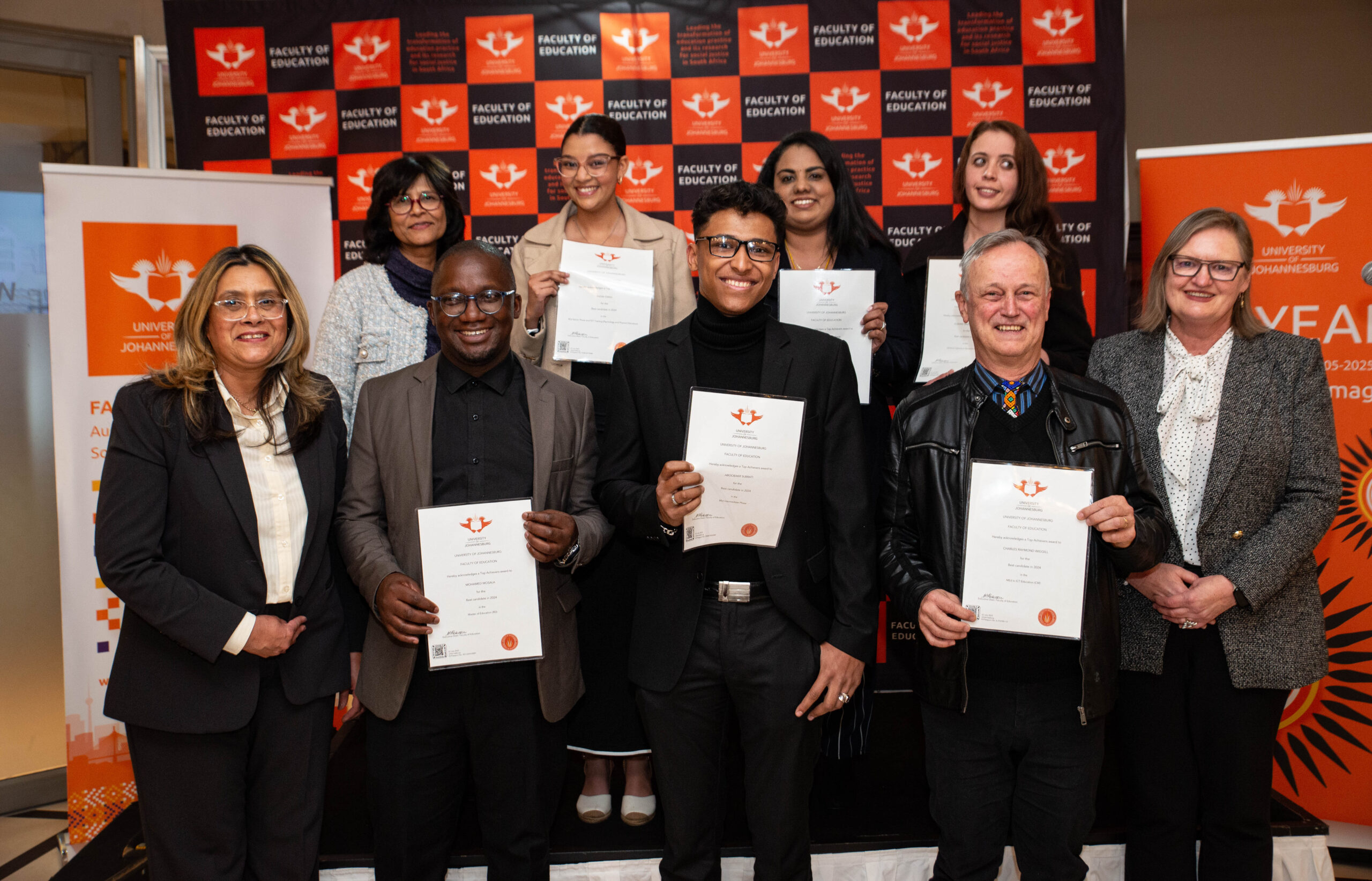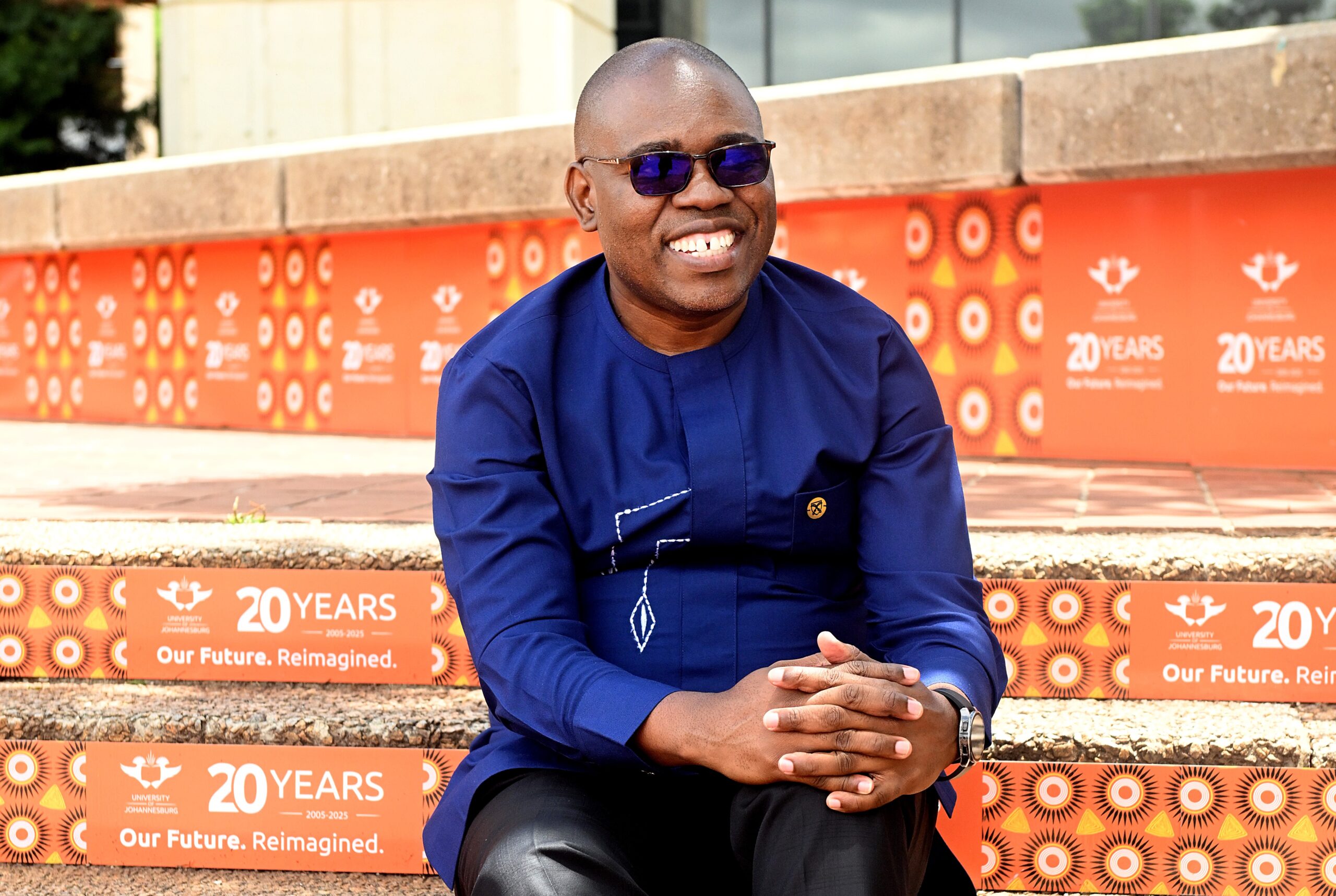The University of Johannesburg (UJ) hosted its second annual Technology and Society in Africa Conference on October 19-20, 2023. The conference, which took place at the Johannesburg Business School, was co-organised by several UJ entities, including the Institute for Pan-African Thought and Conversation (IPATC), the Institute for Intelligent Systems (IIS), the Johannesburg Institute for Advanced Study (JIAS), the Centre for Data Ethics, and the 4IR and Digital Policy Research Unit. This year’s theme was “Technology, SDGs, and Societal Impact.”

Translating research into impact
Similar to the previous year, the conference drew participants across different regions of Africa, including Lesotho, Nigeria and multiple institutions of higher education in South Africa.
The proceedings were opened by UJ’s Vice-Chancellor and Principal, Professor Letlhokwa Mpedi, who congratulated the organisers and the speakers on the continuation of the initiative. He encouraged the research to be translated into impactful work, so that the African continent can benefit from innovative scholarship taking place in its universities. The conference was a shining example of the excellence that UJ aspires to achieve, and which is central to the Vice-Chancellor’s vision for the university.
Wide-ranging discussion on technology’s impact on society
Professor Siphamandla Zondi, the chair of the organising committee and director of IPATC, shed light on the themes for the two days. The keynote speakers, Dan Mafora senior researcher at CASAC (the Council for the Advancement of the South African Constitution) and author of the recently released bestseller Capture in the Court, spoke on the need for caution and regulation around new technologies, such as social media, whilst the second keynote speaker, Joe Mudau of Gijima Rail, dove into the uses of emerging technologies and techniques for manufacturing and job creation.
Professor Mpho Primus, the vice-chair of the organising committee and co-director of IIS, subsequently led a discussion on the benefits of blockchain, AI and other emerging technologies for the preservation of African heritage.
The plenary sessions, on both days, dealt with themes on online retail, the fourth industrial revolution, environment, politics and governance, health, gender and women empowerment.
The latter theme was the subject of a further special discussion of the second day, led by Dr Blessing Masamha, Research Specialist at the Africa Institute of South Africa (AISA) at the HSRC and chaired by CDE director, Professor Tapiwa Chagonda. He showcased research findings on a recent study undertaken on gender equality and AI policies in Africa, finding that there were few policies on the subject, and that many of those that existed had no enforcement and accountability mechanisms. Though some strides had been made in some countries, more had to be done, he said, and he invited scholars in attendance to take up the challenge.
In his keynote on the 20th, Professor Mammo Muchie, SARChI Chair in Innovation at TUT and a luminary figure in African and international academia, emphasised the importance of constantly rethinking ideas and policies on development, and put forward a challenge: namely that there should be no beggars and no poverty in the fourth industrial revolution, given the continent’s vast mineral, technical and human wealth.
Reflecting on the two days, Prof Bhaso Ndzendze noted key overriding themes in the papers delivered, including the continent’s changing fortunes due to the transforming technological landscape, the need for regulation, public goods and equity. Technology and society are two ever-shifting targets and policies should ensure that there is realisation of a technological commons, he said.
The papers delivered will be compiled into edited books and a journal special issue to be published soon. The third conference is scheduled for October 24th and 25th, 2024.



